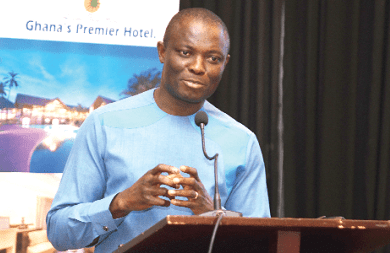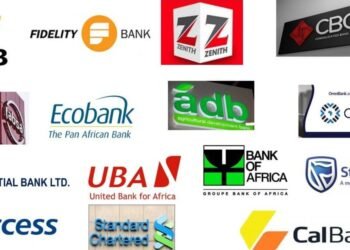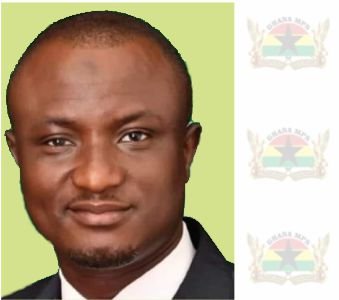Chairman of Parliament’s finance committee, Kwaku Kwarteng, has called on government not to reduce taxes in the country ahead of the 2022 budget reading by the finance minister, Ken Ofori Atta today, November 17, 2021.
According to him, when government “imposes taxes”, unless it is specifically targeted at the profit of companies and businesses, those taxes will be paid by consumers. Mr Kwarteng explained that it is out of those taxes that will form government’s revenue with which it can deliver the services it is required to deliver to the people.
“We are in a regime of fiscal consolidation. Now, if the government is going to read the budget and if anybody suggests to government that this is the time to reduce taxes, I listen and I say people just don’t understand what they’re talking about. This budget, sometimes it will come to parliament and we’ll all look at it. But I would be disappointed if this budget does not signal that government wants to close the gap between its expenditures and revenue. The last thing I will recommend to this administration is… never attempt to reduce any taxes. If there’s the opportunity, you even need to demonstrate how you can realize revenue…”
Mr Kwaku Kwarteng
The Chairman of parliament’s finance committee noted that government needs to demonstrate which “expenditure” it is going “to cut”, otherwise, it will not have the fiscal consolidation that the country needs. He posited that people need to appreciate the “context” in which the budget will be read.
Removal of taxes
Mr Kwarteng disclosed that in 2015, the country went into an “IMF program” and what it meant was that government was having difficulties in “financing” its expenditures.
“As the then administration puts it, we went to the IMF for policy credibility so that the things we say we were going to do to get out of IMF, we will be delayed more because of the way we have managed ourselves. Now, fast forward to early 2017 when the new administration came the improvement did not even warrant our immediate exit from the IMF. So, the administration had to continue”.
Mr Kwaku Kwarteng
Once the NPP assumed power in 2016, Mr Kwarteng intimated that they were encumbered to fulfil commitments made to Ghanaians whiles having to deal with an economy that was coming out of IMF. He explained that government was confronted to deal with an economy that has been “bruised in many ways”.
“That posed a fiscal challenge. So, you would see that in 2017 government attempted to remove some taxes, which for me, is the fundamental belief of this administration; that economic management should focus on production rather than taxation. So, government sought to do that in 2017 and a whole range of taxes were removed. But because government had made a decision rightly or wrongly, to keep safe with the people in respect of the commitment made, those expenditures were deployed anyway”.
Mr Kwaku Kwarteng
In government’s bid to remove some taxes to unburden Ghanaians, Mr Kwarteng revealed that the move is going to come with “considerable fiscal pressure” due to other “social interventions” that government has to cater for such as the free senior high school.
Read Also: George Mireku Duker warns of prosecution of illegal mining operators





















